Few things drain mental energy like unfinished business, yet most of us live with it every day without noticing.
Life overflows with unresolved threads and incomplete stories. Tasks left undone, conversations postponed, decisions deferred—they accumulate quietly, often heavier than we realise.
Sometimes the weight is practical, a nagging to do list that looms over every day. Other times it’s emotional, a conversation avoided, a regret unspoken or a choice left unresolved. The longer these loose ends linger, the more they intrude on our mental space, drain energy and quietly shape our behaviour. Yet having unresolved matters is not a moral failing or a weakness, it’s simply part of being human. How we respond to what remains incomplete makes all the difference.
 By facing what you’ve been avoiding, understanding the underlying causes, taking deliberate action and practising mindful acceptance, you can transform these lingering matters from sources of stress into opportunities for insight, growth and resilience.
By facing what you’ve been avoiding, understanding the underlying causes, taking deliberate action and practising mindful acceptance, you can transform these lingering matters from sources of stress into opportunities for insight, growth and resilience.
Each small step you take, each choice to engage rather than ignore, strengthens your capacity to manage life with intention, clarity and calm. Approaching unresolved matters with focus and self compassion does more than clear tasks off a list, it reshapes how you see yourself, your priorities and your capacity to move forward.
Before resolution begins, awareness must lead to action. Facing what you’ve been avoiding transforms vague discomfort into something you can finally move through.
Face What You’ve Been Avoiding
Life accumulates loose ends, little threads that hang in the corners of your mind. Sometimes they are big, raw, emotional events. Other times they are minor regrets or obligations that never quite got tied up. Most people live with these unfinished matters because dealing with them is uncomfortable. Scrolling through social media or excessively watching a series often feels easier than facing the quiet questions that whisper in the back of your mind. Avoidance offers temporary relief yet slowly gnaws at your energy, leaving tension in your body and a sense of incomplete life.
Loose ends lose their power when you finally face them. Share on XFacing what you’ve been avoiding doesn’t mean diving straight into confrontation. Start by naming what remains incomplete, however messy or trivial it may seem. Write it down, speak it aloud to yourself or tell a trusted friend. The act of recognition carries weight. You acknowledge that something exists that demands attention. It might be an apology you never delivered, a project abandoned, a friendship left hanging or a decision you postponed. Naming it gives it shape and shape is the first step towards resolution.
Once you’ve named what’s incomplete, the next step is understanding why it still holds power over you. Insight into its persistence makes progress possible.
Understand Why It Remains Unfinished
Unfinished business often survives for practical reasons: lack of time, energy, resources or courage. Sometimes it persists for emotional reasons: fear, guilt, shame, resentment or even denial. Understanding why you left something unresolved is crucial. Without insight, attempts to fix it can feel mechanical or forced.
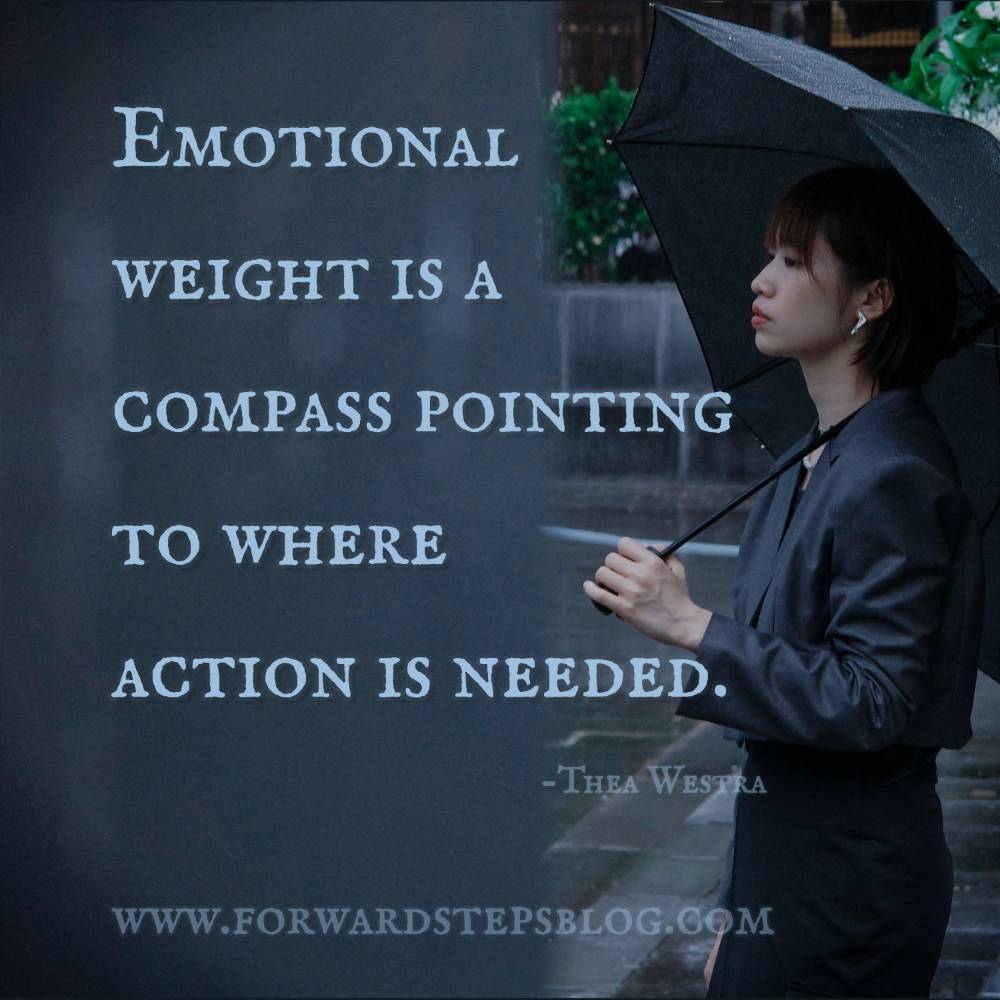
Beneath every delay lies emotion. Exploring the feelings attached to what’s unresolved reveals the true roots of hesitation.
Reflect on Emotional Triggers
Some unresolved matters linger because they strike deep emotional chords, pride, fear, guilt or resentment. Identifying these triggers allows you to respond deliberately rather than react impulsively. When you understand why certain tasks or conversations unsettle you, resolution becomes less daunting and more controlled.
Reflection turns past mistakes into future wisdom. Share on XJournaling or talking with a trusted friend can uncover patterns that are otherwise invisible. Awareness of your emotional triggers allows you to plan how to approach difficult conversations or tasks with calmness.
Recognising these patterns reduces emotional reactivity and strengthens your ability to act with intention.
Recognising your emotional patterns opens the door to responsibility. Ownership, free from self blame, allows you to reclaim control.
Take Ownership Without Blame
With your part acknowledged, the next step is deciding what resolution truly means.
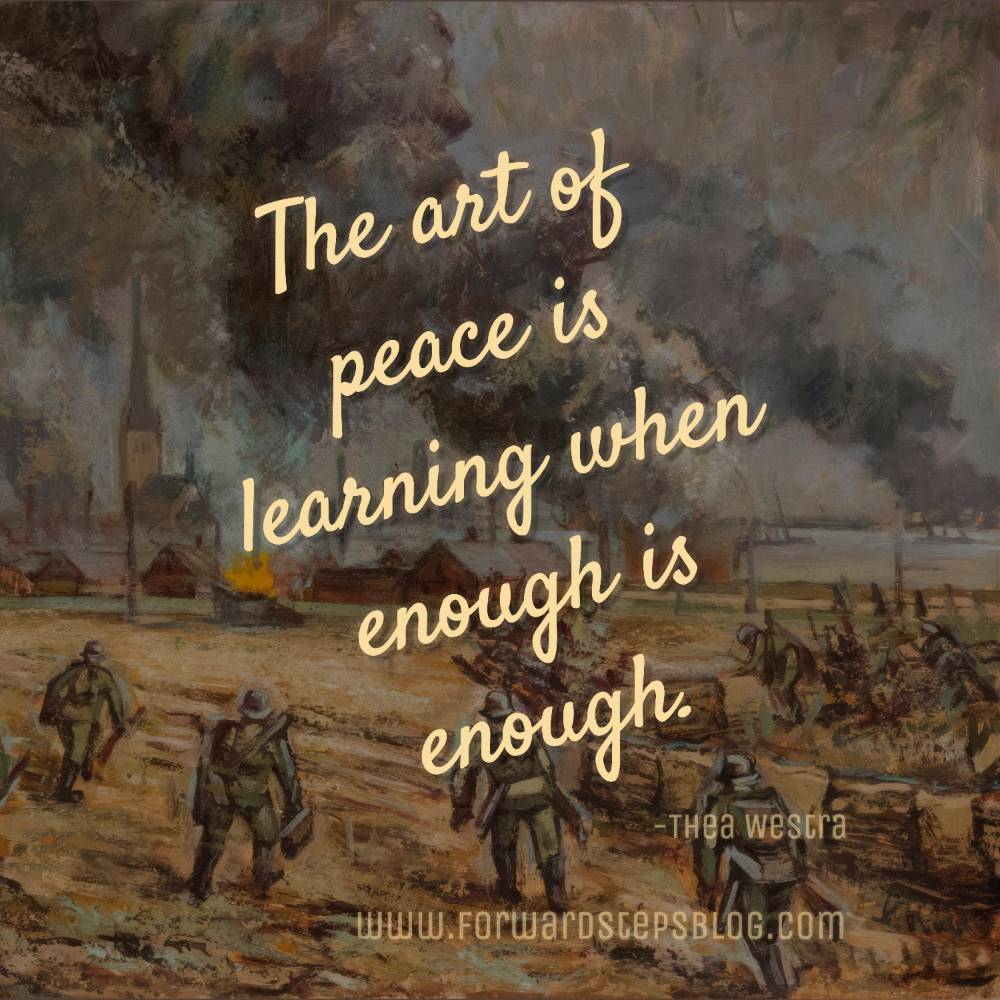
A practical approach is to distinguish between control and influence. You cannot control the actions of others, however you can control your response. This distinction empowers you to act decisively. You might apologise, make a commitment or clarify a misunderstanding. Ownership is not about assigning blame or rewriting history. Claiming your agency in the present moment becomes the real work. Once you act from ownership rather than resentment, the unfinished business begins to lose its grip.
With your role acknowledged, clarity now depends on defining what resolution actually looks like for you.
Decide What Resolution Really Means
Resolution does not always mean closure in the conventional sense. Some matters will never conclude the way you want. Some people will not respond. Some circumstances cannot change. Defining what resolution looks like for you is essential.
True peace begins the moment you stop rehearsing the past. Share on XResolution could be a conversation, a letter, a completed task or even a mental acknowledgement that you have done what you could. Sometimes it is accepting that you cannot fix it all. The clarity of your own definition reduces the risk of chasing an impossible outcome. It gives your effort direction and prevents wasted energy.
Even with clear intentions, not everything can be fixed. Acceptance transforms limitation into peace.
Practice Mindful Acceptance
When some matters cannot be resolved, mindful acceptance helps reduce anxiety. Acknowledge the situation without judgment, release expectations of others and focus on what you can control. This approach preserves energy while maintaining emotional balance.
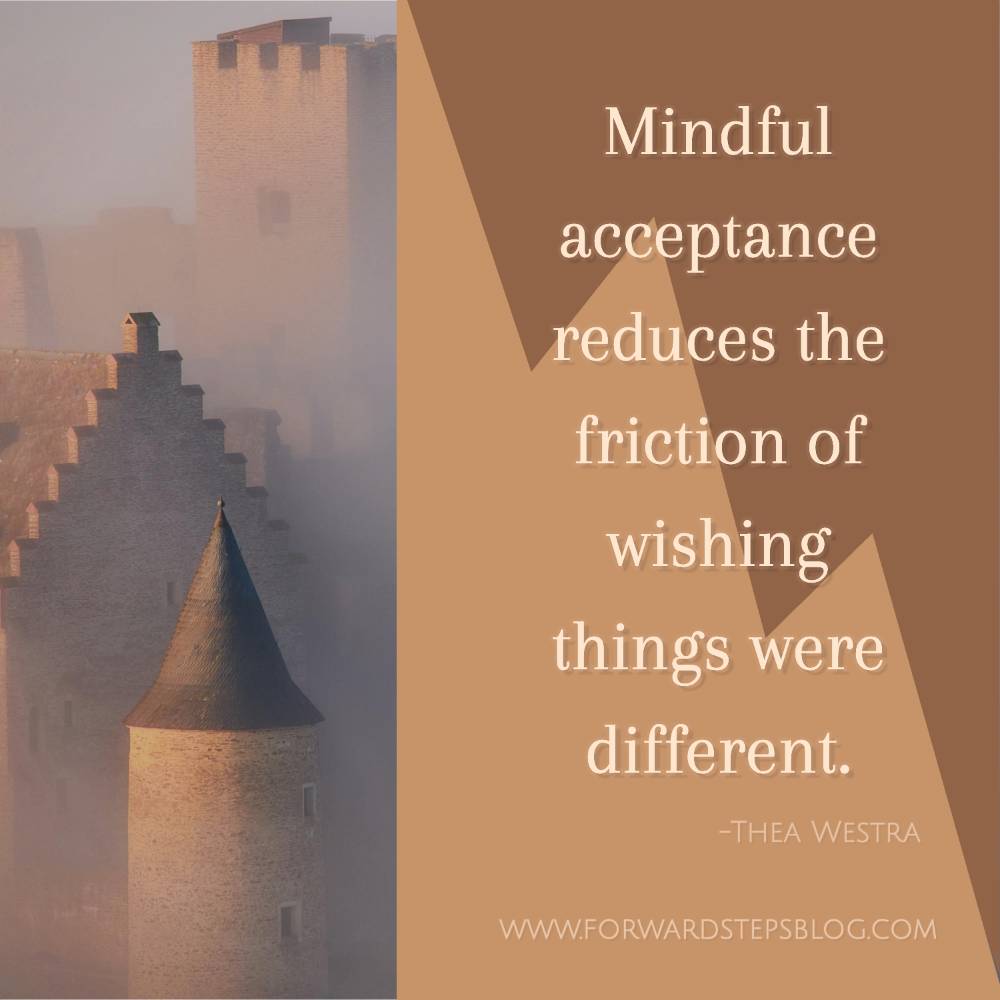
Mindful acceptance also softens the mental friction that comes from wishing things were different, freeing energy for what truly matters. This practice reduces rumination and strengthens resilience, making it easier to face future loose ends with calm confidence.
Some matters ask for companionship rather than solitude. Reaching out can lighten the emotional load and offer new clarity.
Seek Support When Needed
Some unfinished business can feel overwhelming or emotionally charged. Speaking with a trusted friend, mentor or professional can provide clarity, perspective or practical strategies. Support is not a shortcut, it’s a tool for making wiser decisions and moving forward effectively.
One honest decision is stronger than months of hesitation. Share on XExternal input helps you see blind spots you might miss when thinking alone. Sometimes just verbalising the issue reduces its weight and brings insight. Guidance can also help you manage difficult emotions and set realistic expectations for resolution. Choosing the right person to support you ensures feedback is constructive and encouraging rather than critical or distracting. Regularly leaning on support when needed strengthens your confidence and creates a safety net for tackling future unfinished matters.
Support teaches us balance. Boundaries then protect that balance by preventing new loose ends from forming.
Set Boundaries to Prevent New Unfinished Business
Part of managing your commitments is preventing unresolved matters from piling up again in the future. Learn to say no, delegate tasks or clarify expectations before taking on too much. Boundaries create space for what truly matters and reduce the likelihood of regrets and lingering obligations. Clearly communicating your limits helps others understand what you can realistically manage, which prevents misunderstandings.

That approach fosters a calmer, more intentional life where unresolved issues are less likely to accumulate.
Strong boundaries clear mental space and structure keeps it that way. A simple tracking system ensures your progress stays visible.
Create a Tracking System for Loose Ends
A simple notebook, app or checklist can help you monitor what’s unresolved. Jot down conversations, tasks or decisions you’ve postponed. Reviewing your list weekly allows you to take small steps consistently, preventing items from falling into mental clutter.
Categorising items by urgency or emotional weight helps you see where to focus first. Checking things off provides a sense of accomplishment, even for small actions, which builds momentum.
Acceptance does not mean giving up, it means focusing on what you can control. Share on XThe system also acts as a safety net, reducing the mental load of trying to remember everything. This becomes a habit that keeps your loose ends visible, organised and manageable.
Once your tasks are organised, reflection helps you understand their meaning. Regular review deepens awareness and prevents repetition.
Use Reflection Rituals
Set aside short, regular periods to reflect on what remains incomplete in your life. Ten minutes in the evening or a weekly review can uncover overlooked tasks, emotional triggers or relationship gaps. Regular reflection turns vague stress into actionable insight.
Reflection also allows you to notice patterns in procrastination or avoidance, giving you clues for future improvement. Writing down your thoughts or talking them through helps transform abstract worries into concrete next steps.
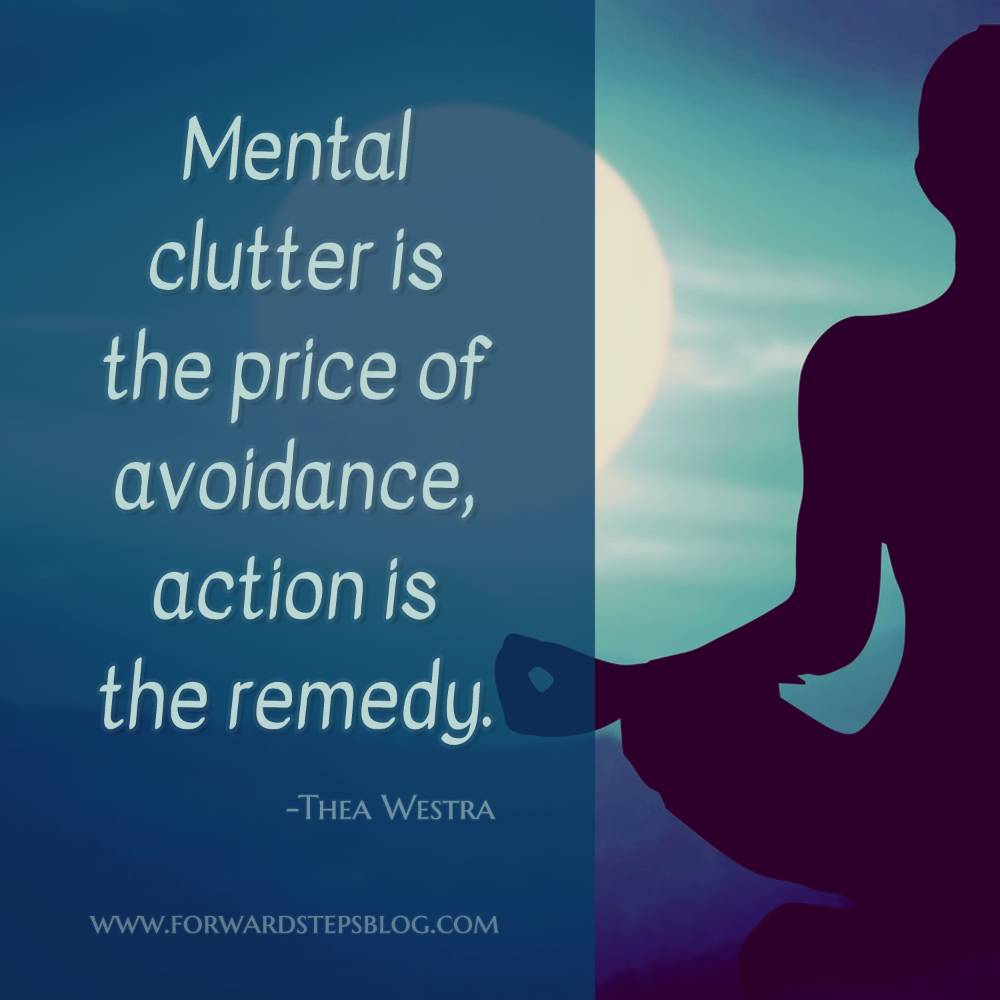
Reflection brings patterns to light and from there, priority becomes clearer. Some issues simply weigh more heavily on the heart.
Prioritise Tasks by Emotional Weight
Not all unfinished business carries the same energy. Some tasks or conversations weigh heavily on your mind, while others barely register. Start with the matters that create the most tension. Tackling the high impact items first reduces stress quickly and provides a sense of relief that motivates further action. The lighter tasks often become easier once the heavy ones are addressed.
Consider rating each task by emotional intensity or the level of anxiety it triggers. Focusing on the most pressing items also prevents procrastination from spreading across multiple areas of your life.
Facing what you’ve avoided is the first step toward freedom. Share on XPrioritising in this way gives structure to what can otherwise feel chaotic, allowing you to act intentionally rather than reactively. This method reduces mental clutter and builds confidence in your ability to manage unfinished business consistently.
Knowing where to start is half the battle. Breaking big matters into micro-steps transforms resistance into momentum.
Break Tasks Into Micro-Steps
Large unresolved tasks can feel paralysing. Instead of trying to finish everything at once, divide them into micro-steps. Writing a single paragraph, making one phone call or clearing one drawer counts. Each small action chips away at the unfinished matter and builds momentum without overwhelming you.
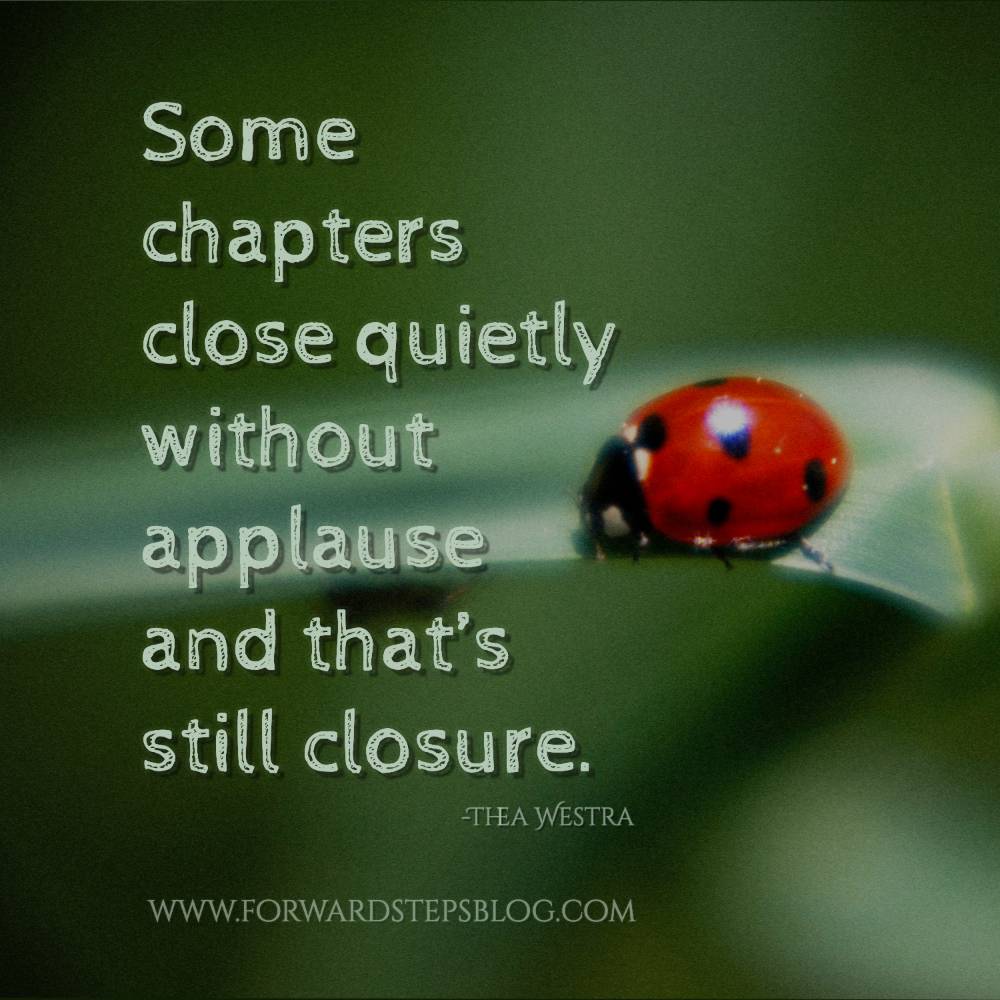
Each small win builds courage. With momentum behind you, consistent action becomes natural rather than forced.
Take Small, Meaningful Actions
Attempting to resolve everything at once is overwhelming. Small, deliberate actions often carry more impact than grand gestures. Writing a short message to someone, making a phone call, organising a neglected document or setting a personal boundary can all move the needle.
The principle is progress over perfection. You do not need to craft the perfect apology or have a flawless plan. Begin with tangible steps that inch you forward. The accumulation of small actions often creates momentum and momentum breeds confidence and clarity. Completion is rarely about a single act, it is the sum of consistent, mindful effort.
Action thrives on visibility. A few well placed reminders help turn intention into habit.
Use Visual Reminders to Stay Accountable
Visual cues like sticky notes, calendar alerts or checklists keep loose ends in view without obsessing over them. Seeing progress visually motivates follow through and reduces the stress of trying to remember everything. It turns mental clutter into something tangible you can manage.
Energy follows attention, finish what you can. Share on XPlace reminders where you will see them regularly, like on your fridge, desk or bathroom mirror. Colour coding or prioritising tasks can also help you focus on the most important items first. These reminders act as gentle nudges, keeping your intentions at the forefront without creating pressure or anxiety.
Visual cues keep progress alive and time boundaries keep it efficient. Giving yourself limits prevents stagnation.
Set a Time Limit for Action
Open ended attempts at resolution can stretch indefinitely. Decide in advance how much time you’ll dedicate to a task or conversation. A defined time limit creates focus and prevents perfectionism from creeping in. Even if you don’t fully resolve the matter, the clarity that comes from a dedicated effort is significant. You might surprise yourself at how much can be accomplished in a short, concentrated session.

Once time is defined, dedicate a specific moment to resolution. A closure session turns planning into completion.
Schedule a closure session
Set aside a dedicated time to tackle a specific unfinished matter. Treat it like a meeting with yourself: turn off distractions, prepare what you need and commit to completing one focused task. Even 30 minutes of attention can create breakthroughs and reduce lingering stress.
Treat these sessions as non-negotiable appointments to signal to your mind that resolution matters. Breaking down the session into manageable portions ensures progress without exhaustion. Over repeated sessions, the accumulation of completed tasks can dramatically reduce the weight of unfinished business.
The energy you free from unresolved matters fuels your next beginning. Share on XAfter focused effort, visualising the result strengthens belief. Seeing closure in your mind makes it easier to bring into reality.
Visualise the End Result
Spend a few moments imagining how you will feel when a matter is resolved. Picture the relief, clarity or calm that comes with completion. This exercise strengthens motivation, reduces procrastination and clarifies what steps need to be taken. Visualisation turns abstract goals into something tangible that your mind can grasp. The emotional payoff makes even difficult tasks feel achievable.
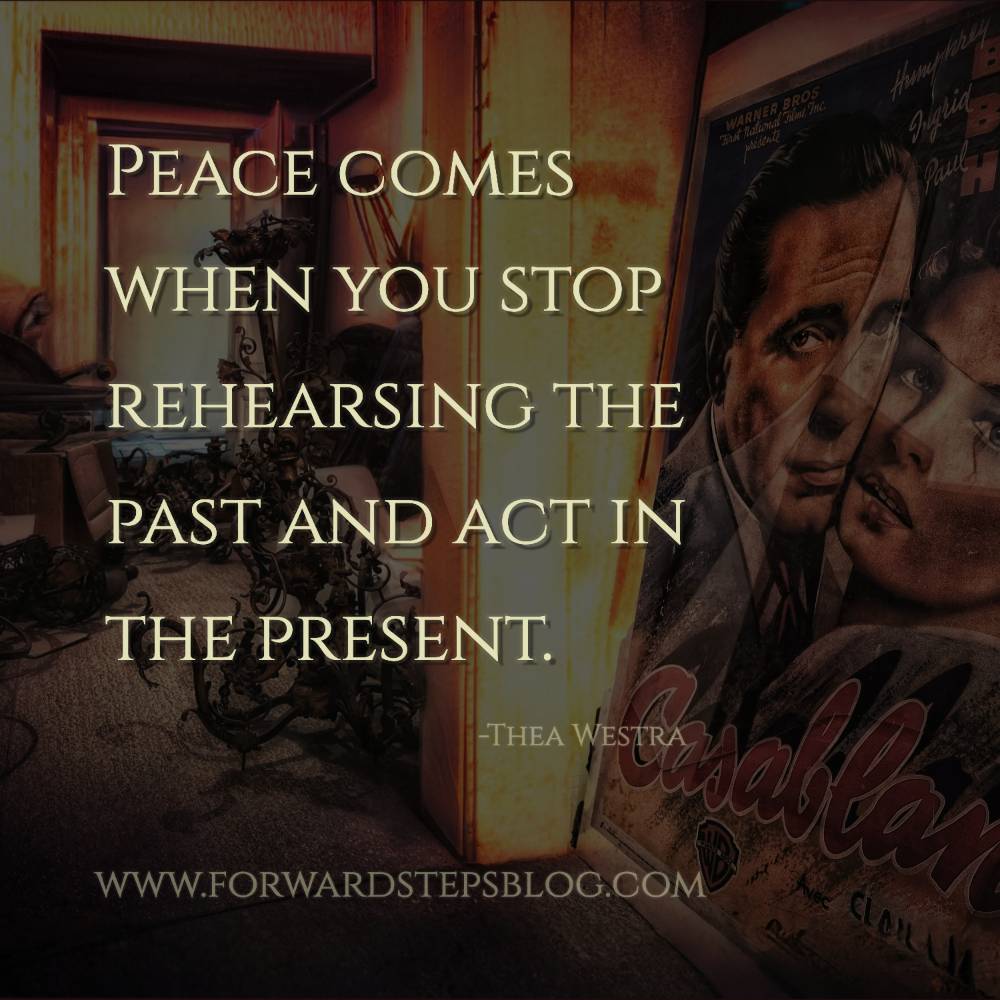
Connecting effort to a clear, positive outcome reinforces follow through and builds confidence in your ability to resolve what’s been left open.
Resolution rarely ends with one effort. A clear follow up plan sustains progress and keeps outcomes stable.
Create a Follow-Up Plan
Some unfinished business requires more than one step. After taking initial action, outline what needs to happen next and set clear deadlines. A simple follow up plan prevents tasks from slipping back into limbo. It also reduces mental burden by transferring responsibility from memory to a structured plan. With clear next steps, you maintain momentum and avoid repetitive stress.
Prioritising tasks by tension reduces overwhelm immediately. Share on XInclude reminders for yourself at regular intervals to check progress, adjusting the plan as needed. Breaking follow up into manageable stages keeps you from feeling overwhelmed and helps sustain consistent action. Sharing parts of the plan with someone you trust can provide accountability and an extra layer of motivation. A solid follow up strategy ensures that tasks move steadily toward resolution instead of stalling halfway.
Structure keeps you moving yet self forgiveness keeps you kind. Releasing guilt restores the energy to continue.
Forgive Yourself for Past Delays
Lingering issues often carry a heavy dose of self criticism. Release the weight of guilt by recognising that delays happen, often for valid reasons. Forgiving yourself frees mental space and allows you to act from clarity rather than self reproach. Progress matters more than perfection.
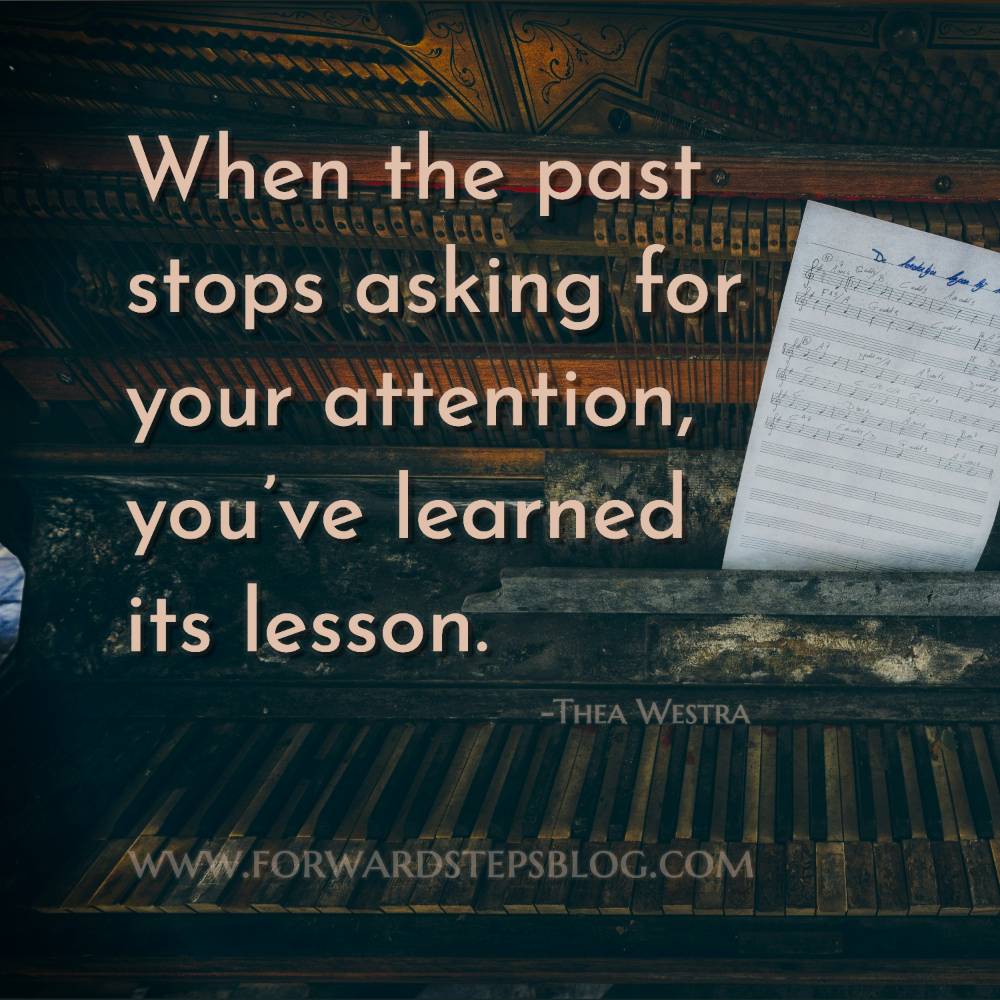
Forgiveness opens space for appreciation. Celebrating each milestone turns progress into pleasure, not pressure.
Celebrate Progress Along the Way
Resolution does not have to wait until everything is perfectly closed. Celebrate small wins and partial completions. Recognition reinforces momentum, encourages follow through and gradually diminishes the weight of unfinished matters.
Taking the time to acknowledge effort, even for minor steps, strengthens motivation and builds confidence. These moments of celebration also reduce the sense of overwhelm by highlighting tangible progress. Sharing achievements with someone supportive can enhance the feeling of accomplishment and make the process feel less solitary.
Resolution is not about pleasing others, it is about freeing yourself. Share on XConsistently recognising progress creates a habit of appreciation for your own effort, making it easier to tackle future unfinished tasks without dread.
Once you’re grounded in appreciation, clear communication follows naturally. Peace often grows through honest conversation.
Communicate Clearly and Kindly
When unresolved matters involve other people, communication becomes crucial. Clear expression of intent, boundaries and needs reduces misunderstandings. Rather than crafting a flawless argument or winning a debate, focus on honesty, respect and clarity.

When words have been spoken, the next step is release. Completion deserves not just action, it deserves grace.
Celebrate Completion, Let Go Gracefully
When you finally resolve an issue, even partially, acknowledge it. The mind and body benefit from conscious recognition of closure. A completed action deserves a pause, a nod, a quiet acknowledgment that you moved forward.
Letting go gracefully means releasing attachment to the outcome. You acted, you did what you could and now the matter no longer controls your attention. This final step seals the process. Perfection and universal approval are distractions, the real goal is reclaiming mental space and emotional freedom. Unfinished business ceases to be a shadow when you consciously release it.
Peace with the unfinished is a skill that steadies everything else. Share on XLetting go doesn’t erase the past, it reveals what it came to teach. Every delay carries a lesson if you’re willing to look.
Learn the Lessons Hidden in Delay
Unresolved issues often hold hidden lessons waiting to be noticed. Avoidance and delay usually point to unaddressed feelings, unmet needs or untested boundaries. Reflecting on these elements can reveal personal patterns worth noticing.
Examine why you deferred a project or avoided confrontation. Were you unclear about your priorities? Were you underestimating your capacity? Did you misjudge the emotional cost? Insights from past avoidance equip you for better decision making in the future. You emerge not just with resolved issues, you emerge with self knowledge that enhances your life long after the original matter is settled.
Lessons often stir regret, however reflection transforms it into growth. What once felt like loss becomes quiet wisdom.
Reframe Regret Into Growth
Regret is a common companion to unfinished business. It can gnaw silently or erupt with intensity when triggered. The trick is to reframe regret as a signal for growth rather than a condemnation of past choices.
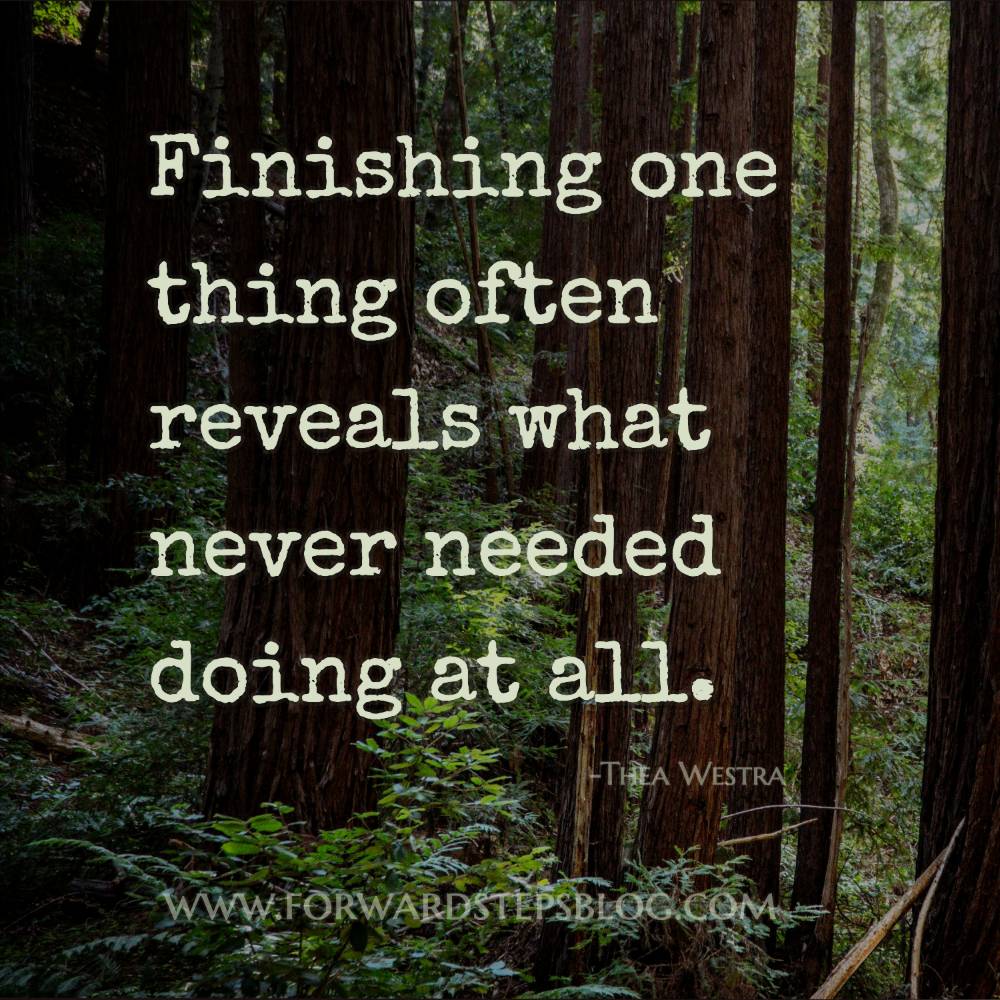
Growth deepens when it’s reinforced by behaviour. Linking new habits to each completion ensures lasting change.
Anchor New Habits to Completed Tasks
Once you resolve something, tie a small habit or routine to that success. For example, after sending a long overdue message, take a five minute reflection break or reward yourself with a short walk. Linking habits to accomplishments reinforces the behaviour of acting promptly on open matters. Over time, this approach builds consistency, making future loose ends less likely to linger.
Habits become the bridge between intention and action, turning sporadic effort into reliable momentum. Even tiny routines, repeated regularly, signal to your mind that finishing tasks is a natural part of your day.
Unfinished business is rarely about tasks, it’s about truths we haven’t spoken. Share on XYou can also track these linked habits to visually see progress, which strengthens motivation and encourages further follow through. Establishing these micro-habits creates a culture of completion, reducing the emotional weight of unfinished matters.
Habits create structure, yet control has limits. Acceptance protects your peace when outcomes remain beyond reach.
Accept the Limits of Control
Part of making peace with unfinished business involves confronting limits. You cannot dictate how others respond, the outcome of events or the timing of resolution. Frustration and anxiety arise when you try. Acceptance does not equal passivity. Acknowledging that some variables lie beyond your influence is both realistic and liberating.
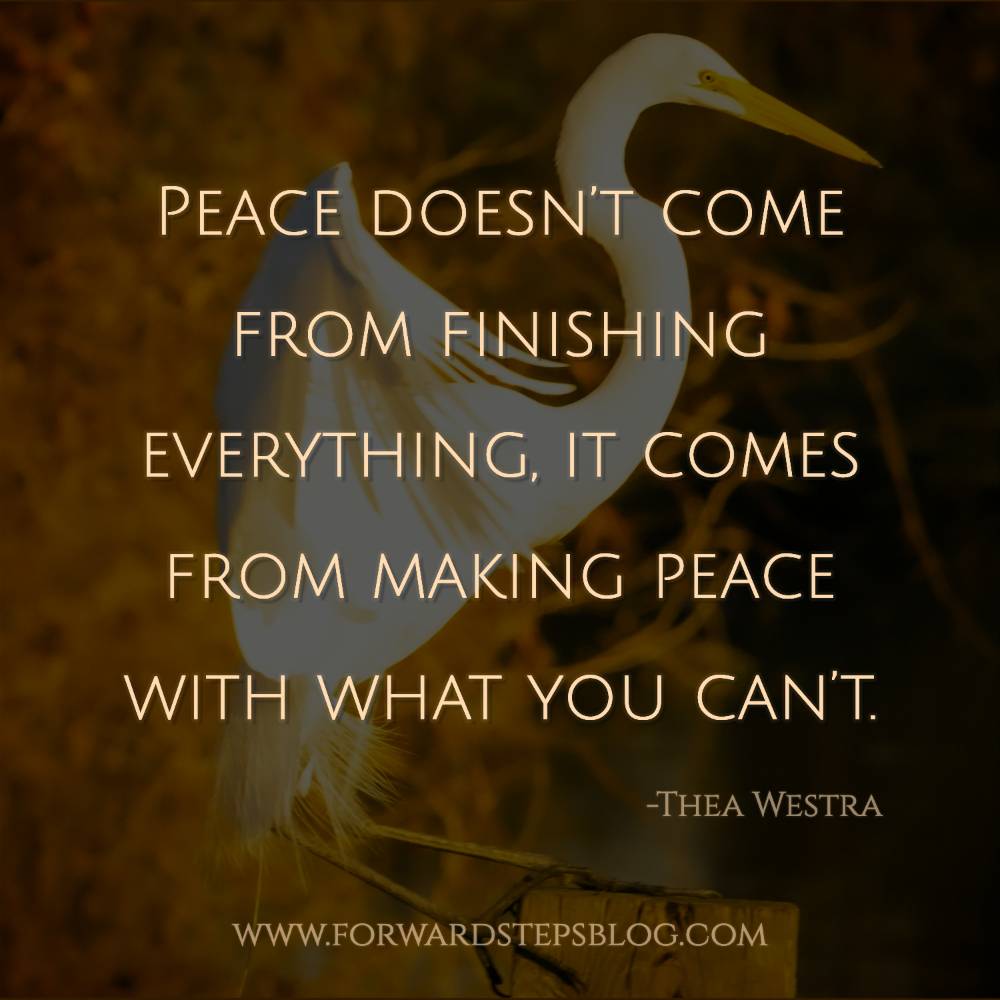
Once you accept what you cannot change, you’re free to integrate what you’ve learned. Life becomes lighter, wiser and more intentional.
Integrate Lessons Into Daily Life
Making peace with unresolved areas of life is not a one time act. Practising this awareness shapes how you approach tasks, relationships and personal growth. Each resolved matter provides insight into how to handle future challenges, how to act decisively and how to maintain balance when life gets messy.
Integration happens when you notice patterns, act early and prioritise clarity over perfection. Your mind becomes less cluttered, your emotional energy stabilises and your ability to respond intentionally strengthens. The peace gained from addressing what once felt incomplete becomes a tool which shapes habits and decisions in ways that enrich daily life.
Every small resolution teaches you how to live with greater ease. What began as unfinished business becomes a lifelong practice of calm clarity.
Life Is Inherently Incomplete
Unfinished business is unavoidable, yet it does not have to linger indefinitely. Naming it, understanding it, taking ownership, defining resolution, taking small actions, accepting limits, learning lessons, reframing regret, communicating clearly, celebrating completion and integrating insight transform it from a source of stress into a vehicle for growth.
To close a loop is to reclaim attention for the present. Share on XLife is inherently incomplete. The difference lies in how you handle what is unfinished and the peace you create along the way is tangible, lasting and deeply satisfying. Each small step you take builds confidence and reduces the mental load that unfinished matters impose.
The practice of addressing loose ends becomes a habit, a personal skill that strengthens resilience and sharpens clarity. The process also fosters self compassion, teaching you to treat yourself kindly even when progress is slow.
By embracing life’s incompletions rather than resenting them as a burden, you create space for freedom, focus and meaningful action. Ultimately, peace with what remains unresolved allows you to move forward with intention rather than being held back by what lingers.
PLUS check out these free gifts from friends… CHECK out the following great resources as well…Forward Steps Personal Development »














